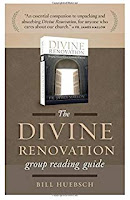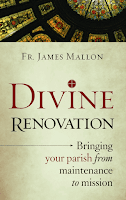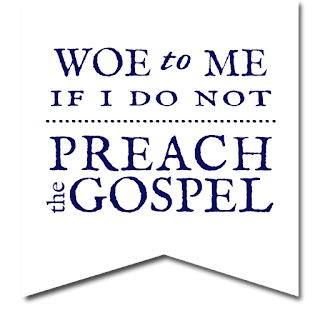Last
Christmas we gave away hundreds of copies of a book about Christmas by the
popular author Scott Hahn. It was called Joy to the World and subtitled “How Christ’s Coming Changed Everything (and
Still Does).”
After
Christmas, I didn’t hear one single comment—as near as I could tell, nobody read
it. This annoyed me, until I realized
that I hadn’t read it!
So
last night I spent some time with the book, and I came across a wonderful
passage I’d like to read for you. Here’s what Scott Hahn writes:
“Salvation
arrives by way of the family—the Holy Family. The household of Jesus, Mary and
Joseph became a ‘home away from home’ for the eternal Son of God. It was an
outpost of heaven, an image of the Trinity in the world. ‘We may say,’ said St.
Francis de Sales, ‘that the Holy Family was a trinity on earth which in a
certain way represented the Holy Trinity itself.’...”
“So
God took his place in a human family—and invited you and me to find our place
as well. He made a home for us in the Church,” which St. Cyprian called “a
people made one with the unity of the Father, the Son, and the Holy Spirit.”
Dr.
Hahn continues: “And our own homes, too—our Christian homes—also share in this
awesome gift of Christmas.”
And
he gives the last word on the subject to Pope Benedict: “God had chosen to
reveal himself by being born into a human family and the human family thus
became an icon of God! God is the
Trinity, he is a communion of love; so is the
family despite all the differences that exist between the Mystery of God and
his human creature…” (Angelus address,
December 27, 2009)
A
modern scripture scholar, two saints, and a Pope—all saying the same thing:
that our families, like ourselves, are created in the image and likeness of
God.
Such
lofty thoughts could be enough of a homily on the Feast of the Holy Family. But
they need to be brought down to earth somehow, which is what this morning’s
Gospel does.
Because
there’s a risk of comparing our families to the Holy Family; almost all of us
object “wait a minute, that doesn’t sound like my family”—especially at Christmas, when one end of the dinner table
called President Trump the Saviour of America and the other started throwing
rolls while chanting “We love Justin!”
We
need the story of the boy Jesus in the temple to understand how our families
can be icons of the Trinity when they’re not perfect. The Holy Family was the
perfect family, but it was definitely not exempt from suffering.
Certainly
sin was not the cause of their suffering, but it’s often not the cause of ours
either. Illness, mental and physical, misfortune of every kind, and the pain of
innocent misunderstanding are part of family life. Does this blur the image of
the family as an icon? Not unless you can explain away the terrible anxiety we
encounter in this morning’s Gospel.
The
family of Nazareth was not always the happy family, any more than our families
are. But it was always the Holy Family,
in whatever adversity it faced.
Today
God invites us to follow the surest path to both happiness and holiness:
obedience to his commands. Faithfully following God’s law does not spare the
family suffering and sorrow, but it steers it away from sin, the only ultimate sorrow.
If
we live daily life according to God’s plan, revealed to us clearly in his Word
and in the teachings of the Church, each of our families—however imperfectly—can
become a ‘home away from home’ for the eternal Son of God.
The modern icon of the Holy Family is by Michael O'Brien. Learn more about this remarkable Canadian author and artist here.




















